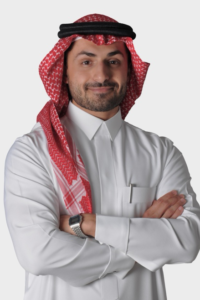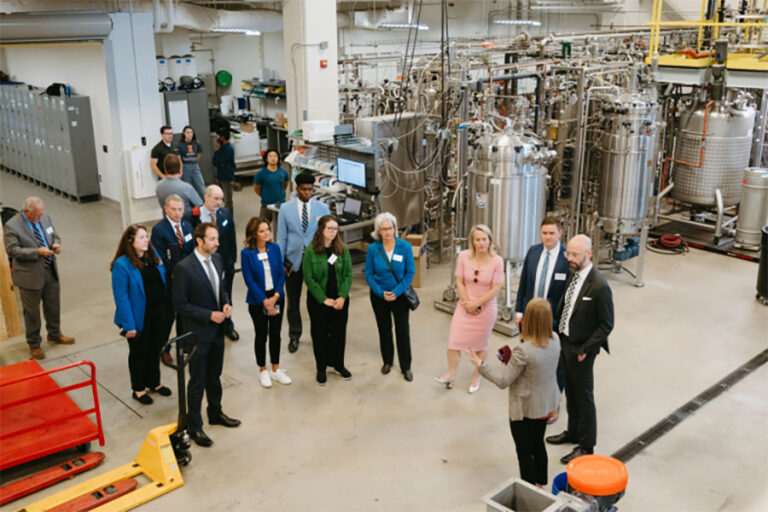
In the heart of Saudi Arabia’s ambitious transformation, young professionals like Rashid Alikhan are not just witnessing change; they are driving it. As a sustainability performance leader at Red Sea Global, Rashid embodies the proactive spirit of Vision 2030, a nationwide initiative reshaping the kingdom into a sustainable economic powerhouse. With a background in engineering and environmental management, Rashid’s journey from a nature-focused student to a sustainability advocate marks a profound shift in career dynamics, influenced by evolving global and local needs.
At Red Sea Global, Rashid plays a pivotal role in steering the company towards robust sustainability practices, a mission that aligns seamlessly with Saudi Arabia’s broader goals. His work involves intricate strategies encompassing environmental, social, and economic pillars to integrate sustainable development into the company’s core operations. Rashid’s commitment to promoting a circular economy is reflective of a deeper understanding of sustainability’s critical role in modern business practices—not just as an ethical imperative but as a fundamental component of long-term profitability and community welfare.
Rashid’s approach to sustainability is both holistic and pragmatic, focusing on tangible impacts. His efforts in streamlining sustainability reporting and aligning it with global standards illustrate a meticulous dedication to transparency and accountability. By fostering collaboration across various departments and with external partners, he ensures that sustainable practices resonate throughout the organization.

How does advocating for a circular economy at Red Sea Global align with the larger goals of Vision 2030?
Advocating for a circular economy is essential for true sustainability. At Red Sea Global, this means integrating principles that ensure resource efficiency, support local communities, and create enduring value. It aligns perfectly with Vision 2030’s focus on economic diversification and environmental stewardship.
What challenges do you face in promoting sustainable practices within your organization?
“The main challenge is overcoming resistance to change. It’s about proving that sustainable practices are not only better for the planet but also beneficial for our bottom line. Educating and engaging stakeholders at all levels helps us move forward.
Can you share an example of how your work contributes to the Sustainable Development Goals (SDGs)?
Our initiatives, particularly in marine conservation and renewable energy, directly contribute to SDGs like Life Below Water and Affordable and Clean Energy. Each project is designed to align with these global goals, ensuring our contributions have both local and international relevance.
Also, our tree planting programs are designed not just to beautify the landscape but also to restore native habitats and increase biodiversity, directly supporting Saudi Arabia’s greening efforts under Vision 2030.
What future trends in sustainability do you find most compelling, and how are you preparing to integrate them at Red Sea Global?
The shift towards more circular business models and enhanced policy transparency are crucial. We’re actively exploring new sustainable technologies and practices that can be integrated into our operations, ensuring we stay ahead of industry curves.”
Rashid reflects on the personal and professional growth facilitated by his alignment with Vision 2030, noting, “Joining Red Sea Global felt like stepping into a role made just for me, at just the right time.” His story is not just one of personal success but a testament to the transformative power of targeted educational and professional pathways in shaping the futures of young Saudis.
Rashid Alikhan’s journey and the strategic initiatives at Red Sea Global underscore the profound impact of sustainable development in today’s business world and tomorrow’s environmental legacy, proving that the kingdom’s youth are not just ready for change—they are eager to lead it.









